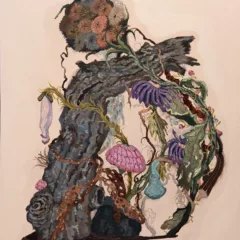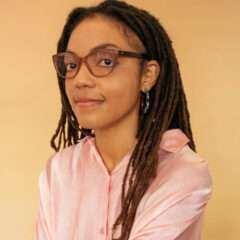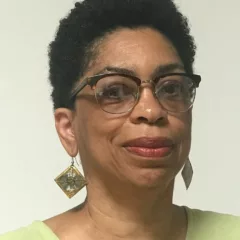Advocacy means speaking up – for some one or some thing – and it’s not something we in the arts do enough of. Advocacy with elected officials is called lobbying and the first rule of lobbying is that if you don’t make your case known, the other side will. So last week I joined colleagues from across the country in Washington to lobby on behalf of the humanities (history, philosophy, literary and religious studies, art history, etc.).
In my case I was representing the College Art Association (along with another CAA board member and two staff members). The federal 2009 budget had passed the night before we met with our senators and congressmen (only half-way through the fiscal year!) and we were asking for a $75 million increase in National Endowment for the Humanities (NEH) funding for fiscal year 2010. That’s a huge increase over the current $155m, but the entire NEH budget is pocket change compared to other federal research funding (for sciences and medicine).
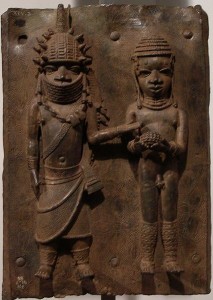
The NEH not only funds academic research but is the major source of funding for museum catalogs that have substantial research behind them (such as the Penn Museum’s recent Iyare! Splendor and Tension in Benin’s Palace Theatre and the Philadelphia Museum of Art’s The Splendor of 18th-Century Rome in 2000); it funds a range of preservation projects (environmental monitoring equipment for the Rosenbach Museum, print storage at the PMA), and education and digital technology programs (it’s helping the Penn Museum with an on-line dictionary of Sumerian, and enabled the City of Philadelphia Dept. of Records to put its photography collections on-line, an award-winning site where the public can purchase prints); and funds workshops for school teachers. One third of the NEH budget goes to state humanities agencies which support grass-roots activities that bring scholarly research to general audiences, children and adults. These include speakers’ bureaus, tv and radio programs, discussion groups exploring books or films (such as the annual One Book, One Philadelphia), workshops, walking tours, panel discussions, exhibitions and craft demonstrations.
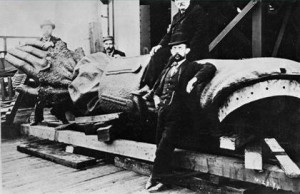
Legislators like to hear from their own constituents so I joined a varied group of Pennsylvanians in visiting aides to Senators Spector and Casey and Representatives Doyle, Schwartz and my own, Chaka Fattah. Joe Kelly and Jim Albro from the Pennsylvania Humanities Council and Jeanne Stoner from the University of Pittsburgh, all old hands at lobbying, gave us direction and introductions and I must say, I learned a lot. Other Philadelphians included Heather Hartz Gasda from the American Philological Association (which researches classical languages) and Sue Weber who teaches oral communication at Penn. We were also joined by Sandy Thatcher, Director at Penn State Press, which is one of the very few academic presses that still publish art history monographs,which have high costs because of the need for illustrations, so don’t make money.
We were more or less preaching to the converted, as all of the legislators supported our cause, which didn’t make it any less important for us to be there; I learned that in my days lobbying at the Oregon Statehouse . At least one of the legislative aides had a history degree and another had majored in ancient Greek (and was delighted to hear that my husband read Homer, in Greek, on his Nordic Track). Citizen lobbying is most convincing via specific stories and we had a good one in the form of Scott Pierce, a grad student at George Washington U., who joined us. Scott is working on an NEH-funded research project: the publication of five volumes of Eleanor Roosevelt’s letters from her post White House days (important for United Nations activities and race relations). The project will include a website and curriculum materials for schools.
If readers are moved to try their hands at citizen lobbying, go to Americans for the Arts or one of the associated state organizations which organize arts lobbying, or the National Humanities Alliance, which organized Humanities Advocacy Day. Larger universities and arts organizations often have staff devoted to government relations who might also be happy to have support in their lobbying efforts; it’s our government and we must make sure it hears from us!



